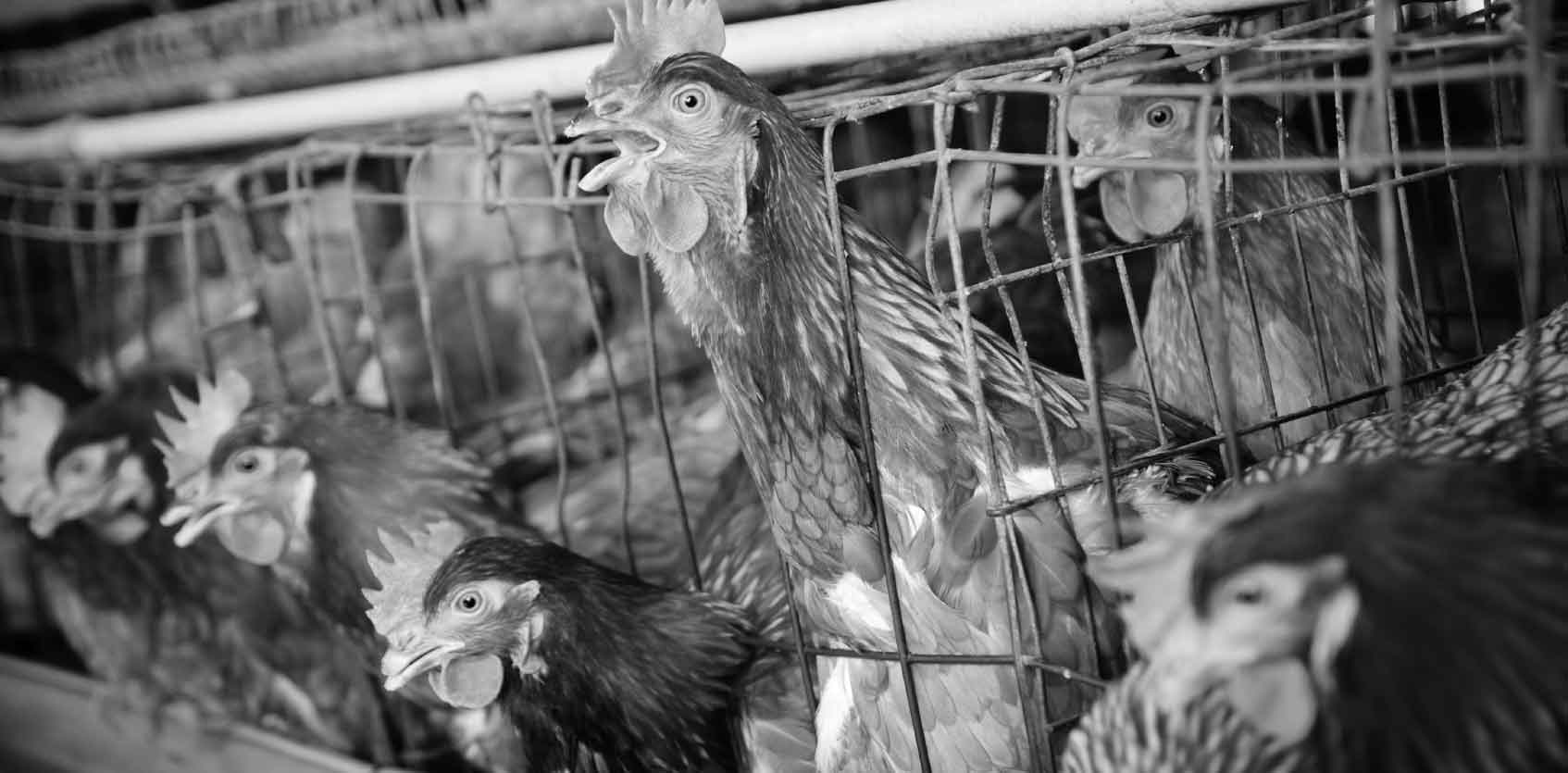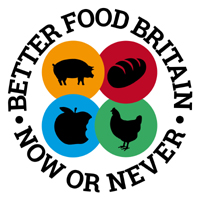
UK government must regulate farm antibiotics through Repeal Bill and new trade deals
Regulation of farm antibiotics, to protect these important medicines for human use, has previously been led by the EU. What must the UK government now do to take leadership on reducing farm antibiotics, in preparation for the UK leaving the EU, ask Cóilín Nunan of the Alliance to Save Our Antibiotics.
 The World Health Organization the Food and Agriculture Organization and the World Organisation for Animal Health have warned that unless “urgent action” is taken in human medicine and livestock farming that “treatments for many common infections will soon become risky or impossible” and that “injuries that have been treatable for decades may once again kill millions”. They say that the consequences may include millions of human lives, lost productivity, bankrupt health systems but also reduced food production and unsafe food. The government’s own O’Neill Review on Antimicrobial Resistance estimates that the total cost of antibiotic resistance to the global economy, if no action is taken, could amount to $100 trillion to $200 trillion by 2050.
The World Health Organization the Food and Agriculture Organization and the World Organisation for Animal Health have warned that unless “urgent action” is taken in human medicine and livestock farming that “treatments for many common infections will soon become risky or impossible” and that “injuries that have been treatable for decades may once again kill millions”. They say that the consequences may include millions of human lives, lost productivity, bankrupt health systems but also reduced food production and unsafe food. The government’s own O’Neill Review on Antimicrobial Resistance estimates that the total cost of antibiotic resistance to the global economy, if no action is taken, could amount to $100 trillion to $200 trillion by 2050.Please Tweet: Don't let the Repeal Bill mean Bad Food Britain. Write to your MP now to protect good food standards! http://bit.ly/2pRPCvs @fixrepealbill
Farm antibiotic regulation - the story so far
Unfortunately, the growth-promoter ban has not been very effective in reducing total farm antibiotic use as many farmers simply adjusted by increasing their preventative use of antibiotics instead. They were able to do this because in most European countries, including the UK, antibiotics can be routinely added to animal feed and water, so long as a veterinary prescription is obtained, and there is no need for the vet to diagnose any disease in any of the animals before they prescribe. This is why the European Parliament’s vote seemed so important.
The approach taken by UK governments so far
This Brexit Brief is by Cóilín Nunan, Scientific Advisor, Alliance to Save Our Antibiotics, which was founded by Compassion in World Farming, the Soil Association, and Sustain
Photograph of caged hens by Sandeep Subba
What needs to happen?
- ban the routine preventative use of antibiotics in farming
- introduce legally binding restrictions on the most critically important antibiotics
- develop a farm-animal health and welfare strategy aimed at increasing standards of livestock husbandry to reduce reliance on antibiotic use. More extensive forms of livestock farming with lower intrinsic needs for antibiotics should be encouraged
- include reduced antibiotic use as a ‘public good’ worthy of public support, through for example policy and subsidies, in the new Agriculture Bill due to be introduced in the 2017/18 UK parliamentary session.
- Confirm that any substantive changes to UK policies and standards, before or after Brexit, must be made by primary legislation only, giving a full and proper role to parliamentary scrutiny, on behalf of UK citizens and, where relevant, scrutiny by devolved administrations in Scotland, Wales and Northern Ireland.
- Limit delegated powers, including Henry VIII powers, strictly to the purpose of faithful conversion, with a statement on the face of the bill that powers cannot be used for purposes beyond faithful conversion.
- Set out new arrangements for good food governance, to ensure the continued provision of monitoring, measuring, ensuring proper implementation, checking compliance, enforcing, reviewing and reporting, co-ordinating and publicising. The Repeal Bill must also set out requirements for new or upgraded UK governance institutions to have adequate resources, appropriate independence, relevant expertise and sufficient powers. This is necessary to ensure proper regulation of farm antibiotics, as well as high standards for food safety, baby food, animal and plant health and animal welfare, food traceability, effective action against food fraud and high standards of environmental protection.
To ensure progress on farm antibiotics is not undermined, the UK Trade Bill must:
- Require trade negotiations and trade deals to be open, transparent and accountable to our elected representatives in Parliament, to ensure that important principles, protections and strategies are not ‘sold off’, and that any changes to standards are made with proper scientific and parliamentary scrutiny.
Sustain has joined the new Fix the Bill alliance, coordinated by Unlock Democracy, to press for better policy outcomes from the Repeal Bill, for people and the planet - health, welfare and sustainability. Sign up your organisation for news or to get involved at www.repealbill.org and follow on Twitter at @fixrepealbill
Good Food Trade Campaign: Campaigning for good trade that benefits people and the planet at home and overseas.
Sustain
The Green House
244-254 Cambridge Heath Road
London E2 9DA
020 3559 6777
sustain@sustainweb.org
Sustain advocates food and agriculture policies and practices that enhance the health and welfare of people and animals, improve the working and living environment, promote equity and enrich society and culture.
© Sustain 2024
Registered charity (no. 1018643)
Data privacy & cookies







